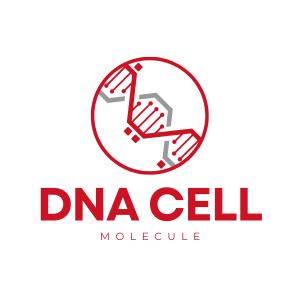
Human Genome Project
The Human Genome Project (HGP) was a monumental scientific endeavor launched in 1990 with the goal of mapping and sequencing the entire human genome, consisting of approximately 3 billion base pairs of DNA. The completion of the HGP in 2003 marked a significant milestone in genetics and had a profound impact on our understanding of genetics, personalized medicine, and genetic variation among populations. Here's an analysis of its impact:
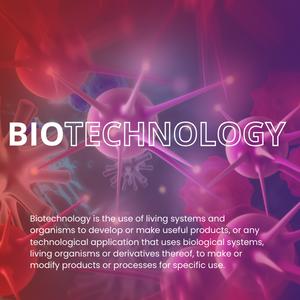
Biotechnology and Genetic Modification
Biotechnology plays a crucial role in producing genetically modified organisms (GMOs), biofuels, and biopharmaceuticals, offering numerous benefits but also raising ethical considerations. Let's delve into the role of biotechnology in these areas and the ethical considerations associated with them: Genetically Modified Organisms (GMOs): Biotechnology enables the genetic modification of organisms to
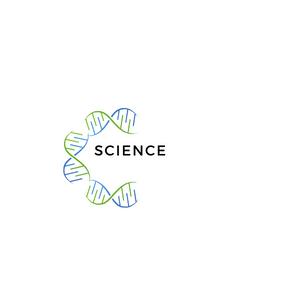
Epigenetics
Epigenetics is a fascinating field that explores how environmental factors can influence gene expression and phenotype without altering the underlying DNA sequence. Here's an exploration of how environmental factors impact epigenetics and its implications for health, disease, and inheritance: Environmental Factors and Epigenetic Modifications: Environmental factors such as diet, stress, pollutants,
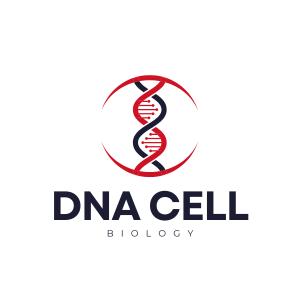
Stem Cell Research
Stem cell research holds immense potential in regenerative medicine, tissue engineering, and treating degenerative diseases, but it also raises ethical debates and challenges. Let's explore the potential of stem cells and the ethical considerations associated with their use: Regenerative Medicine
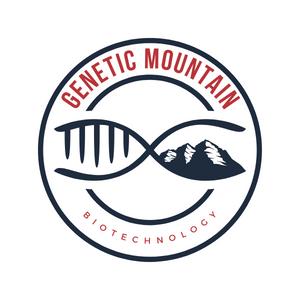
Microbial Genetics
Microbial genetics is a branch of genetics that focuses on studying the genetic makeup, characteristics, and functions of microorganisms, including bacteria, viruses, and fungi. Here's an exploration of microbial genetics and their roles in human health, agriculture, and the environment: Bacteria

Population Genetics
Population genetics is a field of study that examines genetic variation within and among populations, focusing on evolutionary processes such as genetic drift, gene flow, and natural selection. Here's a deeper look at population genetics and its impact on genetic diversity: Genetic Variation Within

Molecular Biology and Cellular Processes
Molecular biology is a branch of biology that focuses on the study of cellular processes and the molecules that play key roles in these processes. Here's an exploration of key concepts in molecular biology, including cellular structures, DNA replication, transcription, translation, gene regulation, and signaling pathways:
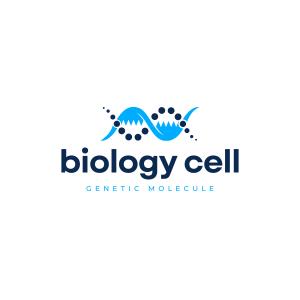
Evolutionary Biology
Evolutionary biology delves into the mechanisms and patterns of evolution, including natural selection, adaptation, and speciation, across various species. Here's an examination of these concepts with case studies and examples: Natural Selection: Definition: Natural selection is the process by which advantageous traits become more common in a populati
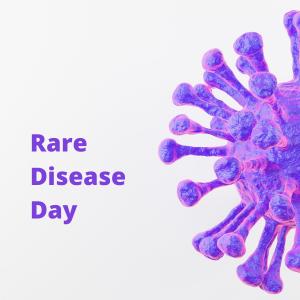
Genetic Disorders and Diseases
Genetic disorders and diseases encompass a wide range of conditions caused by abnormalities in an individual's genetic makeup. Here's an overview of three prominent genetic disorders – Down syndrome, cystic fibrosis, and sickle cell anemia – including their causes, symptoms, and potential treatments: Down Syndr

Genetic Engineering and CRISPR Technology
Genetic engineering and CRISPR (Clustered Regularly Interspaced Short Palindromic Repeats) technology represent groundbreaking advancements in genetic editing techniques with far-reaching implications across various fields. In medicine, CRISPR has revolutionized the approach to treating genetic disorders by enabling precise modifications in DNA sequences. Researchers

































